Can you build more muscle by training less?
That’s the question Mike Mentzer set out to answer—and his results sparked a revolution in bodybuilding.
In a world obsessed with volume and frequency, the Mike Mentzer workout plan flipped conventional wisdom on its head. Mentzer’s groundbreaking approach—High-Intensity Training (HIT)—is a system that promises maximum results with minimal time in the gym. Backed by science and brutal efficiency, it’s still one of the most debated and misunderstood systems in fitness.
In this post, we’ll dive into Mentzer’s methods, bust myths, and break down Heavy Duty, the cornerstone of his philosophy. Whether you’re a beginner or advanced lifter, you’ll find practical routines and tips tailored to your goals.
Table of Contents
Who Was Mike Mentzer? And What is High-Intensity Training (HIT)?

Mike Mentzer wasn’t your typical meathead. A philosophical, analytical bodybuilder, he combined deep intellect with serious muscle, achieving fame in the late 1970s. Most notably, he scored a perfect 300 at the 1978 Mr. Universe competition—something no one else had done before.
What Is HIT?
High-Intensity Training (HIT), as defined by Mentzer, is not about working more, but working smarter—and harder in short bursts. Here are the key tenets:
- Brief, infrequent workouts (sometimes as little as twice per week)
- Training to absolute failure to trigger growth stimulus
- Strict form and controlled rep speed
- Full recovery between sessions to allow for supercompensation
“It is not the quantity of training that produces results, but the quality.” – Mike Mentzer
What Makes Heavy Duty Different?
Heavy Duty is Mentzer’s advanced take on HIT. It emphasizes maximum intensity with minimum volume. While HIT focuses on high effort, Heavy Duty dials everything to 11—introducing advanced techniques like rest-pause sets, forced reps, and longer recovery periods.
Common Myths—Debunked:
- “You need to train every day to build muscle.”
False. Mentzer proved that less is more—with proper intensity. - “HIT is dangerous.”
With controlled movement and correct form, HIT may reduce injury risk compared to sloppy high-volume routines.
Core Principles of the Mike Mentzer Workout Plan
Let’s break down the major pillars of the Mike Mentzer workout plan—with tips on how to apply each principle:
1. Single Set to Failure
Perform one all-out set per exercise, pushing until you can’t complete another rep.
✅ Tip: Use a spotter or machine for safety during compound lifts. Aim for 6–10 reps on upper body and 10–15 for lower body.
2. Compound Movements First
Focus on heavy, multi-joint lifts:
- Squats

- Deadlifts

- Bench Press

- Overhead Press

- Rows

✅ Customize for your frame: Tall lifters may favor trap bar deadlifts over conventional pulls.
3. Controlled Rep Speed
No jerking or bouncing—think 4 seconds up, 4 seconds down. This increases time under tension, a key driver of hypertrophy.
4. Rest-Pause Training
Do a set to failure, rest 10–15 seconds, then crank out 1–3 more reps.
✅ Use with caution. Best for machines or isolation exercises like leg extensions or cable rows.
5. Forced Reps & Negatives
With a partner, squeeze out extra reps after failure, or perform slow eccentrics to increase intensity.
6. Infrequent Training
You don’t need to train more—just better. Mentzer often recommended only 2–3 workouts per week with full-body routines.
7. Full Range of Motion
Don’t shortchange reps. Full ROM activates more muscle fibers and prevents strength plateaus.
Science-Backed Results
Studies like Carpinelli & Otto (1998) have shown that brief, high-intensity training can be just as effective—or more—than traditional volume-based programs for hypertrophy.
In a 2020 meta-analysis, researchers found that training to failure led to greater muscle activation, even with lower volume, when paired with adequate rest and recovery.
Mike Mentzer Workout Plan: Routines by Level
🟢 Beginner Routine (2 Days/Week – Full Body)
| Exercise | Sets | Reps |
|---|---|---|
| Squats | 1 | 10–12 to failure |
| Pull-Ups (Assisted if needed) | 1 | Max |
| Bench Press | 1 | 8–10 |
| Seated Row | 1 | 8–10 |
| Overhead Press | 1 | 8–10 |
| Leg Raises | 1 | 15–20 |
Rest 48–72 hours between sessions.
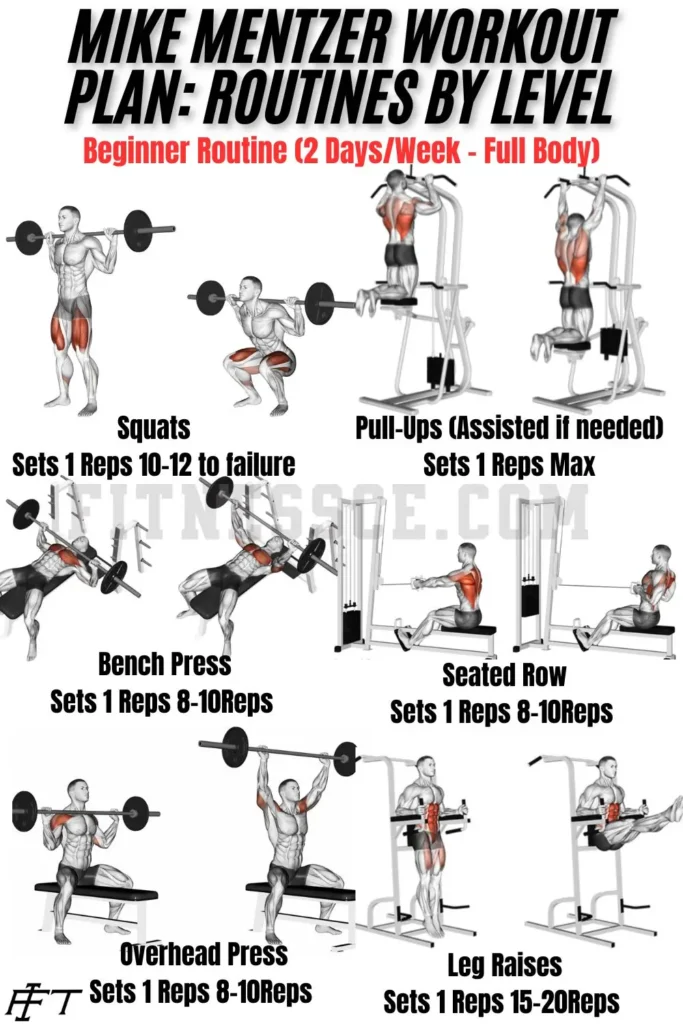
🟡 Intermediate Routine (3 Days/Week – Upper/Lower Split)
Day 1 (Upper Body)
- Incline Bench Press

- Barbell Rows
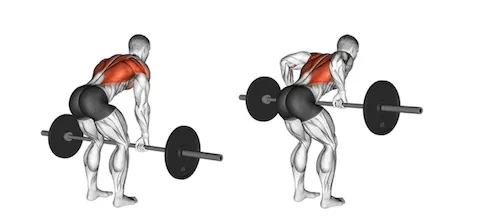
- Dumbbell Shoulder Press
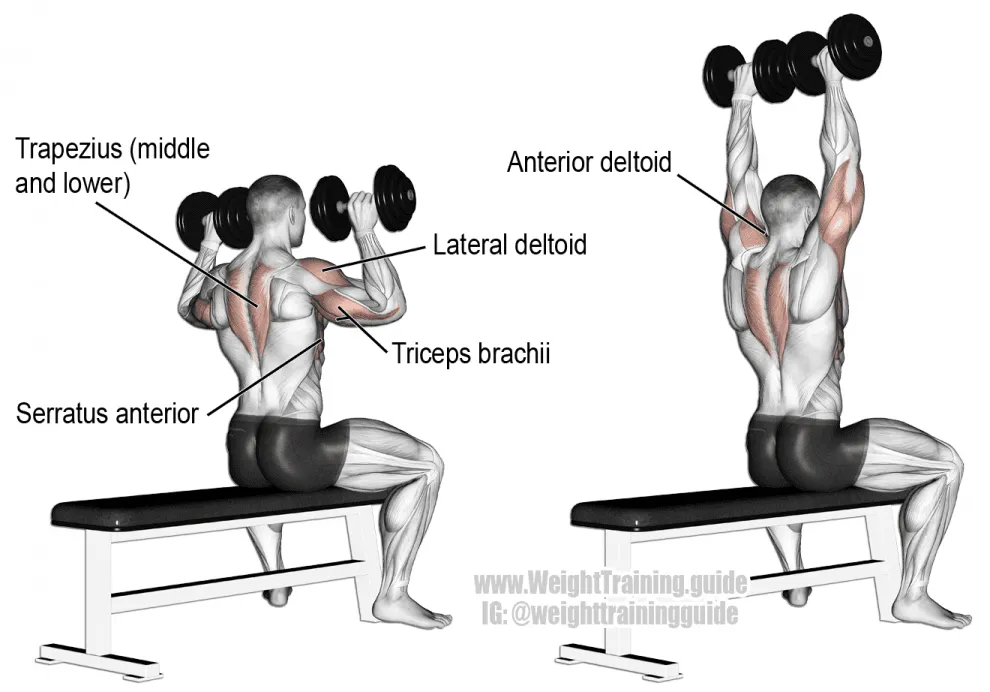
- Cable Triceps Pushdown
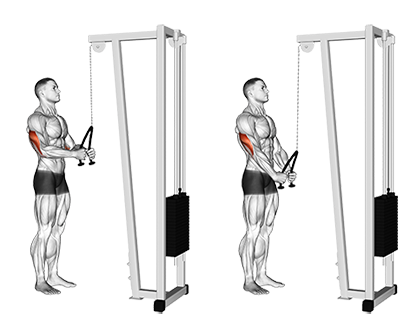
Day 2 (Lower Body)
- Deadlifts

- Leg Press

- Calf Raises
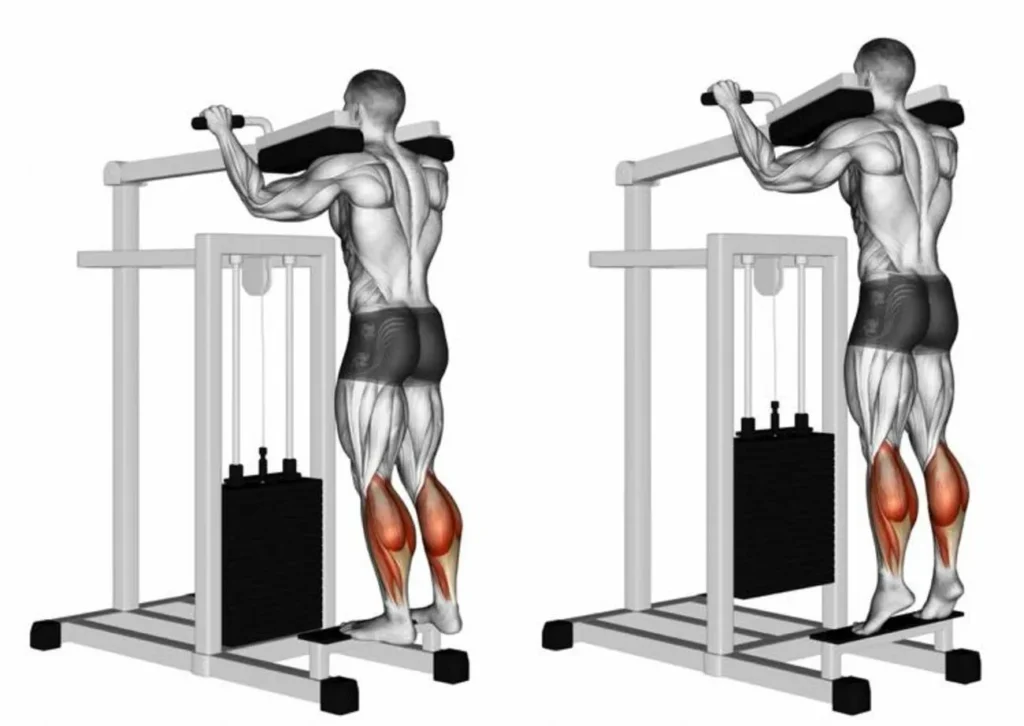
- Hanging Leg Raises

Day 3 (Upper Focus with Variation)
- Weighted Dips

- T-Bar Rows

- Arnold Presses
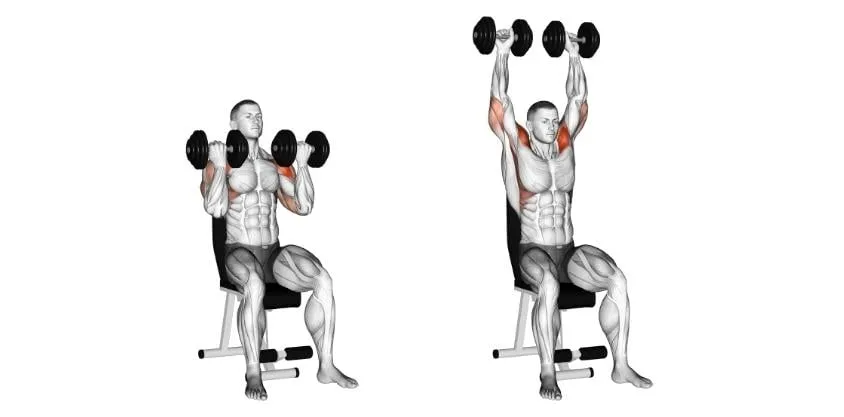
- Preacher Curls
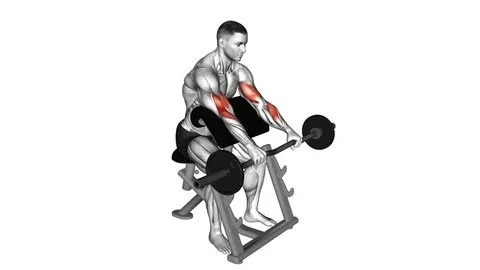
All exercises: 1 all-out set to failure
🔴 Advanced Heavy Duty Routine (1–2 Days/Week)
Day 1
- Squats (rest-pause)
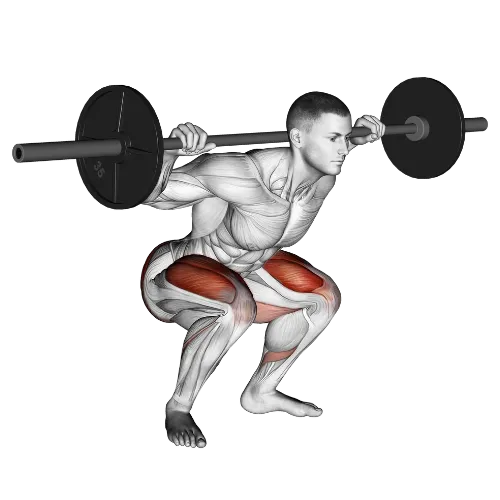
- Deadlifts (negatives)

- Leg Curl

- Calf Raises (drop set)

Day 2 (3–4 days later)
- Incline Dumbbell Press (rest-pause)
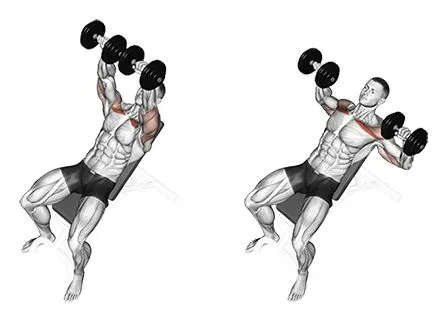
- Weighted Pull-ups (forced reps)

- Overhead Press (slow negative)

- Barbell Curls (strict form)
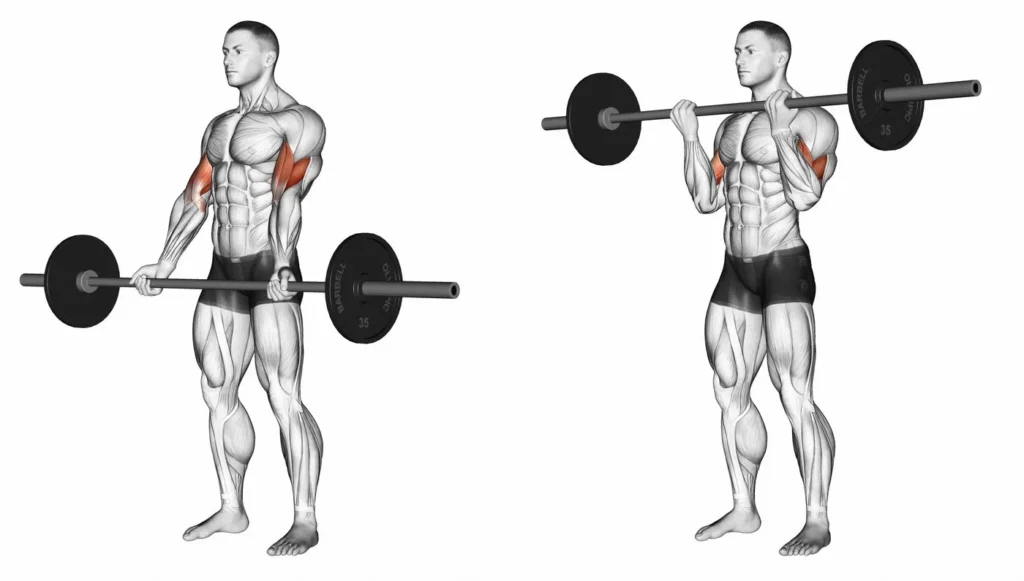
Rest 4–7 days between workouts depending on recovery.
Customization & Adaptation
Everyone Responds Differently
Genetics, recovery ability, and training age matter. Listen to your body and adjust frequency as needed.
Progressive Overload
Track your lifts. If you’re not adding weight or reps every 1–2 weeks, you’re not progressing.
Nutrition & Supplements
Support recovery with:
- Protein (1g per lb of bodyweight)
- Creatine
- Whole-food carbs
- Plenty of water
(Always consult a healthcare provider before adding supplements.)
Recovery Matters
Quality sleep (7–9 hours), stress management, and mobility work are non-negotiable.
Common Mistakes to Avoid
🚫 Overtraining: More isn’t better—especially on HIT.
🚫 Ego Lifting: Form over weight. Don’t sacrifice safety for numbers.
🚫 Ignoring Recovery: Rest days are when the magic happens.
🚫 Poor Form: Controlled reps, no cheating. Record your lifts to check technique.
Heavy Duty vs. Other HIT Styles
| Feature | Mentzer (Heavy Duty) | Arthur Jones | Dorian Yates |
|---|---|---|---|
| Volume | Extremely Low | Moderate | Low |
| Intensity | Maximal | High | Maximal |
| Frequency | 1–2x/week | 2–3x/week | 3–4x/week |
| Techniques | Rest-pause, Negatives | Basic HIT | Forced Reps |
While Mentzer kept things brief and brutal, Dorian Yates modified the approach for more frequent workouts. Arthur Jones, the original HIT pioneer, emphasized machine use and biomechanics.
Final Thoughts: Is the Mike Mentzer Workout Plan for You?
The Mike Mentzer workout plan isn’t for everyone—but for the right person, it can be life-changing. It’s not easy. It’s not glamorous. But it works—if you respect the principles.
Start small. Train smart. Recover fully.
“If you train hard, you must rest hard.” – Mike Mentzer
💬 What’s Your Experience with HIT or Heavy Duty Training?
Leave a comment below—what’s worked for you? Share your story or ask a question.
Keywords used: mike mentzer workout plan, High-Intensity Training, Heavy Duty, rest-pause training, forced reps, infrequent training, bodybuilding, compound exercises
Semantic terms: muscle hypertrophy, progressive overload, controlled tempo, recovery strategies, training frequency, muscle failure, time under tension

















